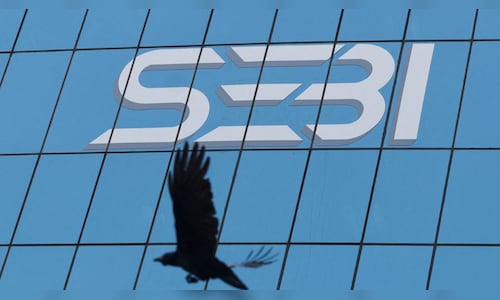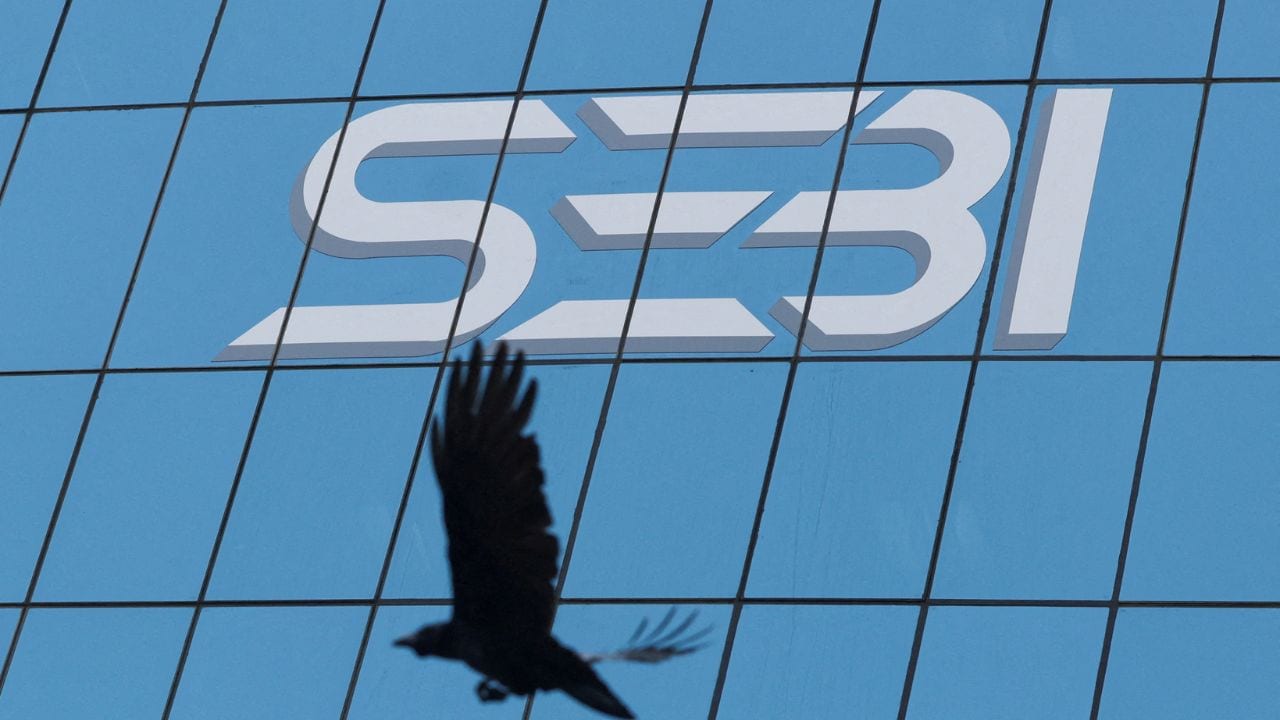

| Company | Value | Change | %Change |
|---|
In a consultation paper released on Tuesday, SEBI outlined that for investors without a demat account, issuers will be required to open a separate demat account with a ledger or suspense escrow account to manage such securities.
Why dematerialisation is crucial
SEBI emphasised the multiple benefits of dematerialisation, including:
- Minimising fraud and forgery risks.
- Eliminating issues of lost or damaged securities.
- Enabling faster and more efficient transfers.
- Enhancing transparency and regulatory oversight.
- Reducing legal disputes.
- Lowering costs for both investors and companies.
Despite these advantages, some investors continue to hold securities in physical form. While legally permissible, such securities must be dematerialised before sale or transfer.
Key amendments proposed
In order to prevent the creation of new physical security certificates and promote demat adoption, SEBI has proposed amendments to the SEBI (LODR) Regulations, 2015. The amendments would mandate the issuance of securities only in demat form during:
- Sub-division or stock splits.
- Consolidation of face value of shares.
- Schemes of mergers or demergers.
Additionally, SEBI suggested removing the requirement for companies to maintain “proof of delivery” for discrepancies in signature verification, such as minor signature differences or missing signatures.
SEBI deadline for stakeholder comments
SEBI has invited public comments on these proposals until February 4, 2025. The regulator believes these steps will accelerate the shift to dematerialised securities, fostering greater efficiency and security in the capital markets. This move marks another milestone in SEBI’s ongoing efforts to modernise and enhance India’s securities market infrastructure.



